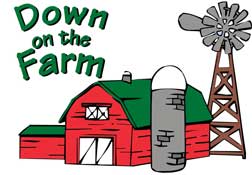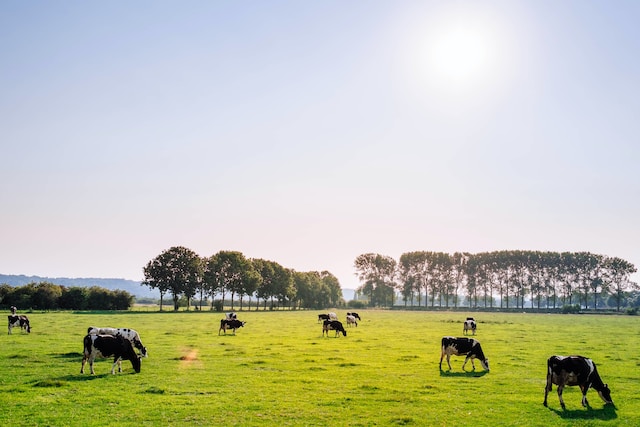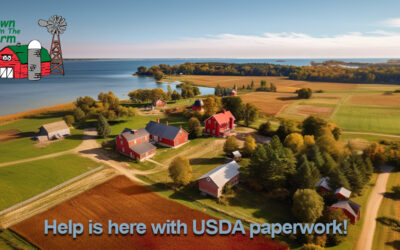The USDA, established in 1862 by President Abraham Lincoln, is a federal agency responsible for overseeing and regulating various aspects of agriculture and food production in the United States. With its diverse range of programs and initiatives, the USDA serves as a crucial pillar in ensuring the welfare of farmers, consumers, and the environment. Let’s dive into some of the key reasons why the USDA is essential and why its role cannot be overstated.
Ensuring Food Safety:
Food safety is of paramount importance to the USDA. The agency enforces strict regulations and standards throughout the food production chain to ensure that the food we consume is safe and free from harmful contaminants. From inspecting meat, poultry, and egg products to monitoring food labeling and packaging, the USDA plays a critical role in safeguarding public health and preventing foodborne illnesses. The USDA’s Food Safety and Inspection Service (FSIS) works tirelessly to ensure that food processing facilities adhere to strict sanitation and safety standards, thereby instilling confidence in consumers about the safety of the food they consume.
Supporting Farmers and Rural Communities:
The USDA provides extensive support to farmers and rural communities across the United States. Through its various programs and initiatives, such as the Farm Service Agency (FSA), Rural Development, and the National Institute of Food and Agriculture (NIFA), the USDA offers financial assistance, technical expertise, and resources to help farmers thrive in a highly competitive and ever-changing agricultural landscape. From loans and grants to education and training, the USDA plays a crucial role in empowering farmers to succeed and contribute to the overall economic growth of rural communities.
Promoting Conservation and Sustainability:
The USDA is committed to promoting conservation and sustainability practices in agriculture and natural resource management. Through agencies such as the Natural Resources Conservation Service (NRCS) and the Forest Service, the USDA provides resources and technical expertise to farmers, ranchers, and landowners to implement conservation practices that protect soil health, water quality, and wildlife habitats. The USDA’s conservation programs also focus on promoting sustainable agriculture practices, such as crop rotation, cover cropping, and integrated pest management, to reduce environmental impact and promote long-term sustainability in food production.
Advancing Research and Innovation:
Research and innovation are crucial drivers of progress in agriculture, and the USDA plays a pivotal role in advancing these areas. The USDA’s Agricultural Research Service (ARS) is the principal research agency of the department, conducting cutting-edge research in various fields such as crop science, animal genetics, food safety, and more. The research conducted by the USDA’s ARS not only leads to scientific breakthroughs but also helps farmers adopt innovative practices and technologies to enhance productivity, sustainability, and competitiveness in the global market. The USDA’s research efforts are vital in addressing the challenges facing agriculture, such as climate change, pests and diseases, and changing consumer preferences.
Promoting Trade and Market Access:
International trade plays a crucial role in the agricultural industry, and the USDA plays a vital role in promoting trade and market access for U.S. agricultural products. The USDA’s Foreign Agricultural Service (FAS) works to remove trade barriers, negotiate trade agreements, and promote U.S. agricultural products in global markets. The FAS also provides market intelligence, trade data, and export promotion programs to help U.S. farmers and agribusinesses expand their market reach and compete globally.




